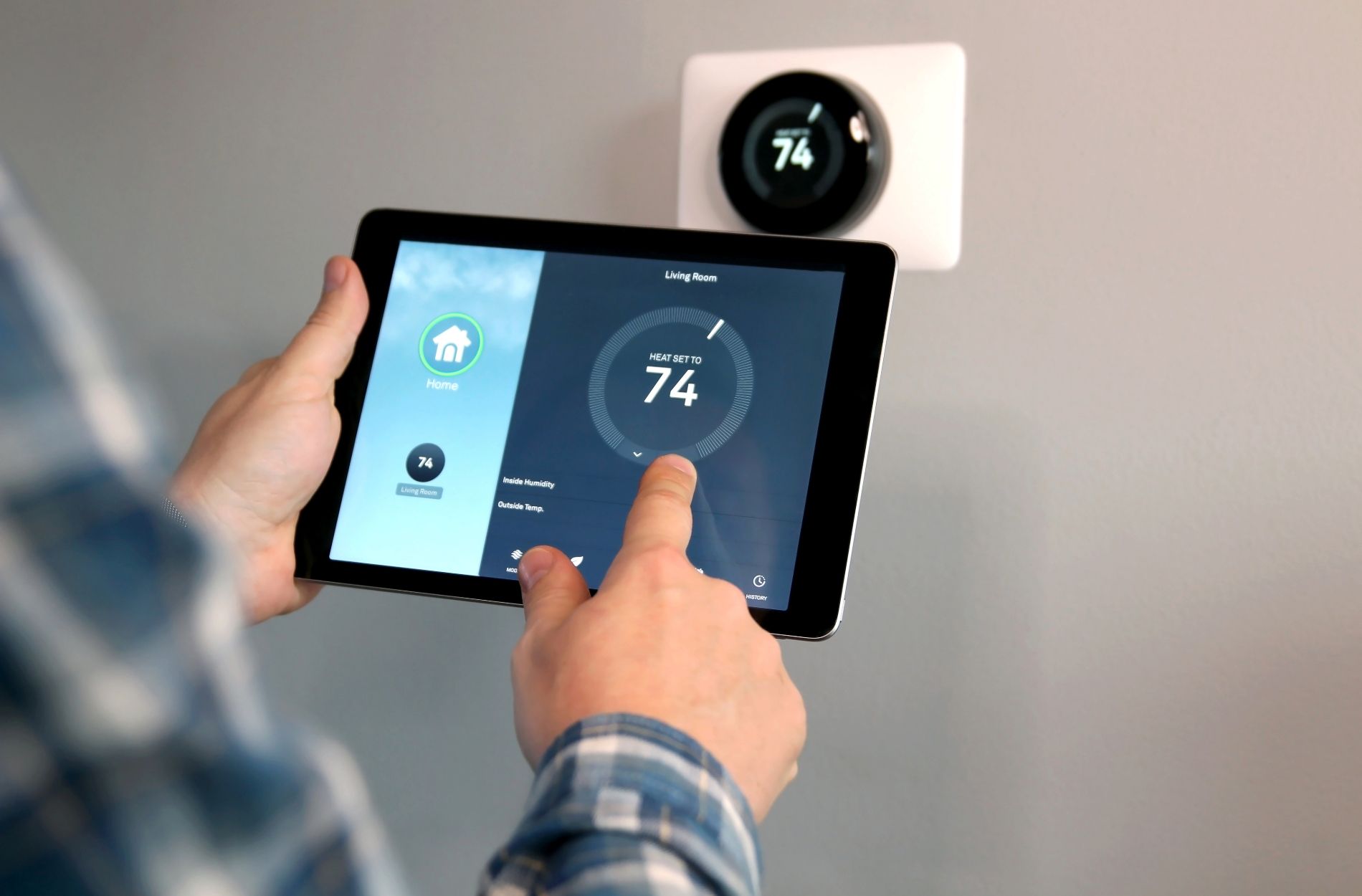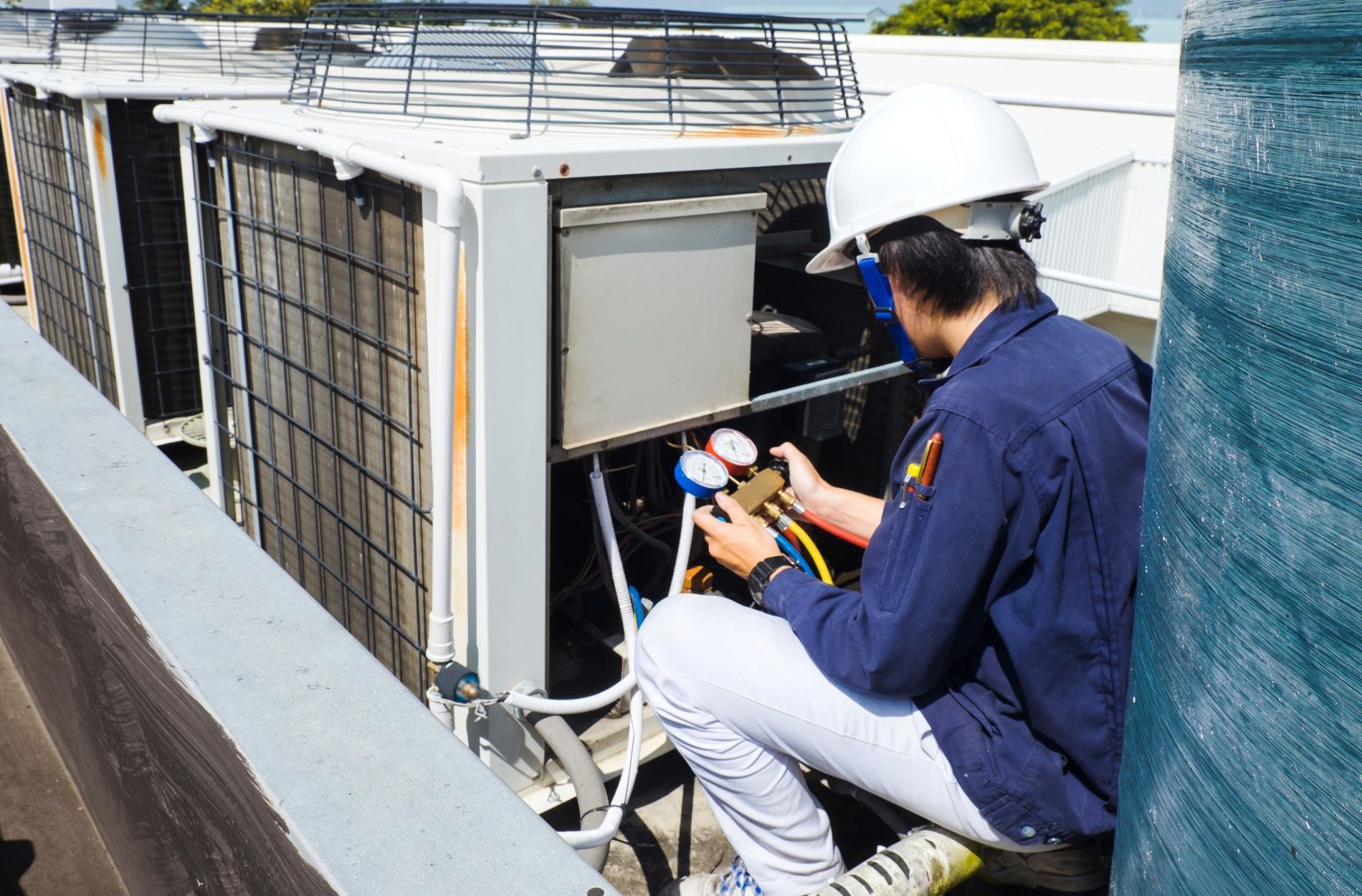HVAC for Allergies: Tips to Improve Indoor Air Quality and Breathe Easier with Anytime Heating & Air
For allergy sufferers, dealing with sneezing, coughing, and other allergy-induced discomforts in their own homes can be an ongoing challenge. As HVAC systems play a vital role in maintaining indoor air quality, properly maintaining and improving your system can significantly help alleviate allergy symptoms by removing allergens such as dust, pollen, pet dander, and mold spores from your indoor environment.
At Anytime Heating & Air, our experienced technicians are dedicated to delivering high-quality HVAC services designed to create a comfortable and healthy living space for our customers. We understand the challenges faced by allergy sufferers and are committed to providing expert guidance and solutions to enhance indoor air quality and support respiratory health.
This blog post will explore the relationship between HVAC systems and allergies, offering practical tips and advice on maintaining a healthy indoor environment that can help you and your family breathe easier. From air filter maintenance and duct cleaning to enhancements such as air purifiers and humidity control, we will share valuable insights and best practices for optimizing your HVAC system to combat allergens and improve the air quality in your home.
HVAC for Allergies: Tips to Improve Indoor Air Quality and Breathe Easier with Anytime Heating & Air
Maintaining and Upgrading Air Filters for a Healthier Home
One of the essential components of your HVAC system when it comes to controlling allergens is the air filter. By regularly maintaining and upgrading your air filters, you can significantly improve your home's indoor air quality:
1. Replace or Clean Filters Regularly: To maintain efficient airflow and optimal allergen capture, replace disposable filters or clean reusable filters monthly or as recommended by the manufacturer.
2. Choose High-Quality Filters: When selecting replacement filters, consider using high-efficiency particulate air (HEPA) filters or filters with a higher minimum efficiency reporting value (MERV) rating, as they can be more effective at trapping allergens.
3. Ensure a Proper Fit: Make sure the air filter is the correct size and installed correctly to prevent allergens from bypassing the filter and circulating through your home.
Professional Duct Cleaning to Reduce Allergens
Air ducts can accumulate dust, mold, and other allergens over time, which can then be dispersed throughout your home by the HVAC system. Regular professional duct cleaning can help reduce these allergens in your living space:
1. Schedule Regular Duct Cleanings: Have your air ducts professionally cleaned every three to five years or more frequently if you have severe allergies or live in a high-pollen area.
2. Inspect for Mold and Leaks: During duct cleaning, technicians should inspect your ducts for any signs of mold growth or leaks that may contribute to poor indoor air quality. Any issues should be addressed promptly.
Enhancing Your HVAC System with Air Purifiers
Adding air purifiers to your home can provide an additional layer of protection against allergens, improving the overall indoor air quality:
1. Whole-House Air Purifiers: These systems are integrated directly into your existing HVAC system. They work in conjunction with your air filters to capture even finer particles and allergens that might not be trapped by the filters alone.
2. Standalone Air Purifiers: Portable air purifiers equipped with HEPA filters can be placed in specific rooms or areas where allergies are most problematic, such as bedrooms or living spaces.
3. UV Sterilization: Some air purifiers incorporate ultraviolet (UV) light technology, which can help neutralize airborne allergens, mold spores, and bacteria.
Managing Indoor Humidity Levels for Allergy Relief
Maintaining proper humidity levels in your home is essential for controlling allergens and optimizing indoor air quality:
1. Utilize Dehumidifiers: High humidity levels can encourage mold growth and dust mite proliferation, both of which contribute to allergies. Consider using a dehumidifier, preferably one with a built-in hygrometer, to maintain optimal humidity levels between 30% and 50%.
2. Install a Humidity-Controlled Ventilation System: For whole-home humidity control, consider installing a humidity-controlled ventilation system as part of your HVAC setup. This system regulates your home's humidity levels automatically, ensuring a comfortable and allergen-reduced environment.
General Tips for Allergy-Free Living Spaces
To further enhance your home's indoor air quality and alleviate allergy symptoms, implement these tips:
1. Regular House Cleaning: Ensuring that your living spaces are clean and dust-free can significantly reduce allergens. Focus on vacuuming and dusting regularly, and consider using cleaning products designed for allergy sufferers.
2. Invest in an Air Quality Monitor: An air quality monitor can provide valuable information about the pollution levels in your home, allowing you to better understand your living environment and make necessary changes to improve your home's air quality.
3. Maintain Ventilation: Ensure proper ventilation in your home by opening windows when outdoor pollen levels are low, using exhaust fans in kitchens and bathrooms, and keeping air vents unobstructed.
Breathe Easier with Expert HVAC Solutions from Anytime Heating & Air
By focusing on air filter maintenance, professional duct cleaning, air purifiers, humidity control, and adopting allergy-sensitive habits, you can create a healthier and more comfortable living environment for you and your family. Anytime Heating & Air is dedicated to helping our customers create allergen-free spaces by providing expert guidance, services, and high-quality
HVAC solutions.
Protect your family from allergy-triggering agents and breathe easier in your home. Contact Anytime Heating & Air to schedule a consultation and gain expert guidance on improving your home's indoor air quality today.


